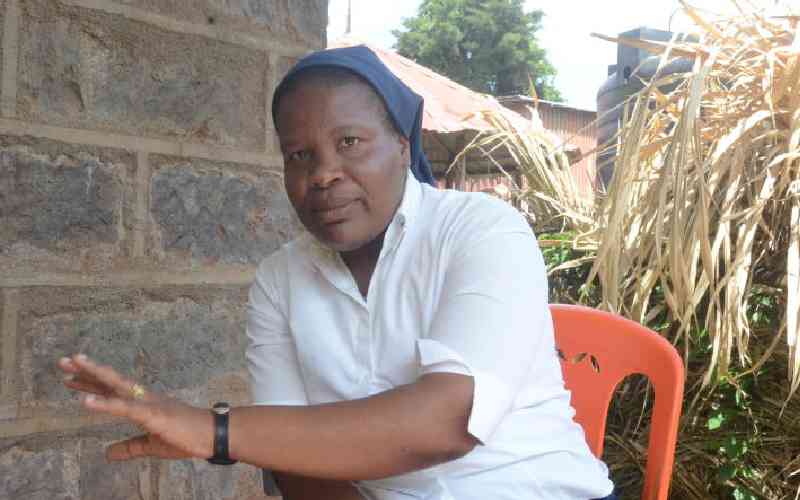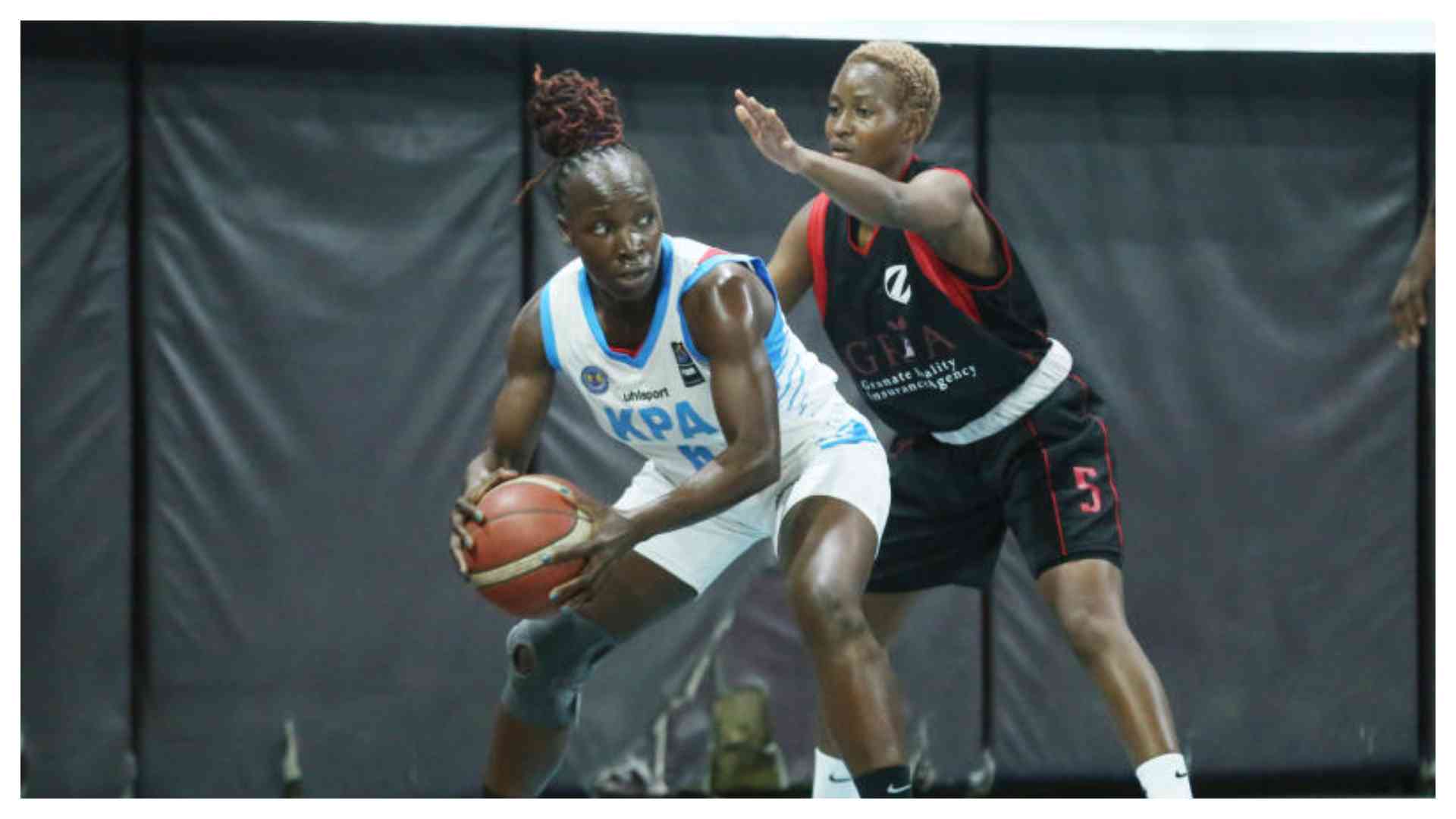×
The Standard e-Paper
Kenya's Bold Newspaper

Audio By Vocalize

About 20 years ago, the administrators of a nursery school in Kiambu County were surprised when a woman brought an autistic child and dumped him there.
She insisted that the teachers remain with the child for the day so that she could do some manual jobs nearby.
